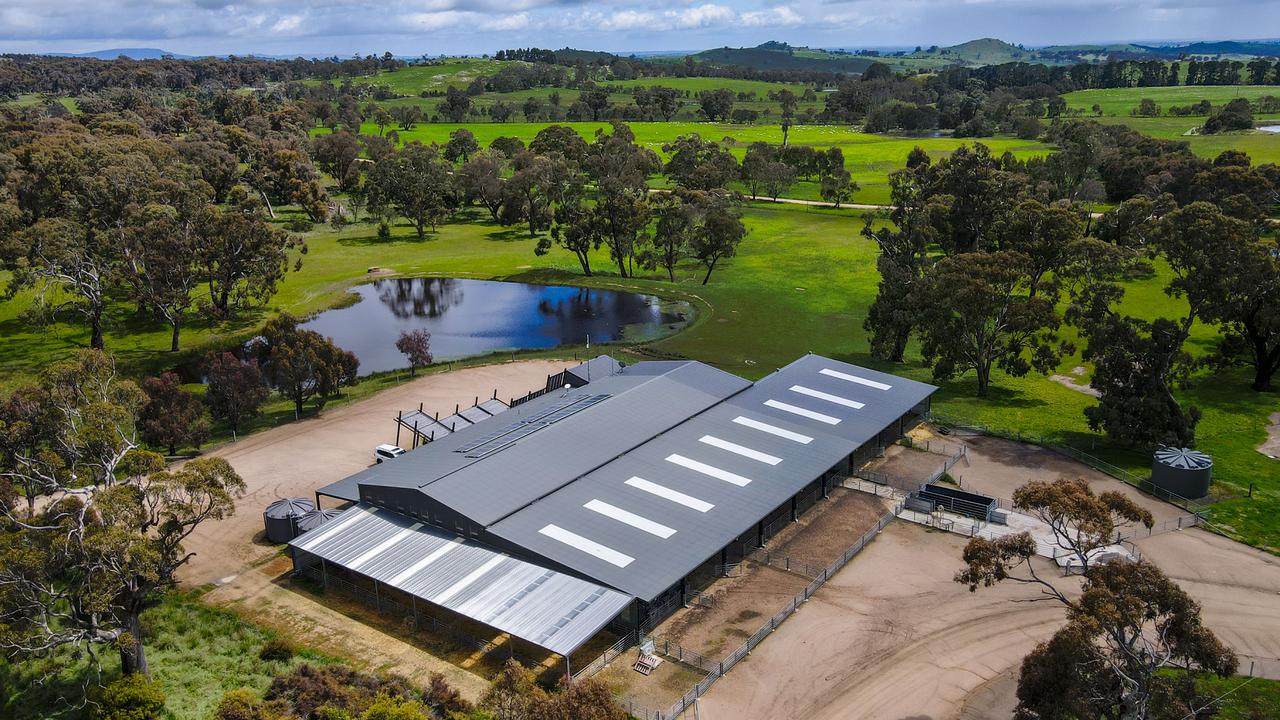‘Exposing the injustice’: Inside the daring plan to relaunch floating Docklands nightclub
The team behind controversial floating nightclub ATET has been locked in a multimillion-dollar legal battle with Melbourne City Council since it was shut down last year. Now, it has launched a bid to revive the venue.
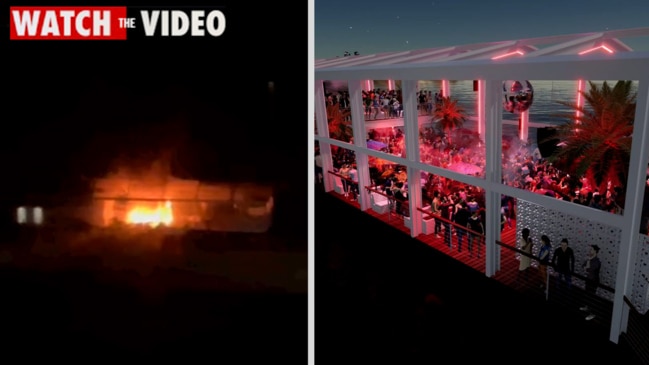
Victoria
Don't miss out on the headlines from Victoria. Followed categories will be added to My News.
The team behind controversial floating nightclub ATET has launched a daring campaign to bring the Docklands venue back to life after it was dramatically shut down by the City of Melbourne more than a year ago.
The family business has been locked in a multimillion-dollar legal battle with the council since December last year, triggered by the termination of its operating licence.
But in recent weeks, ATET has dragged the City of Melbourne into the court of public opinion, publishing a series of videos to social media to not only call on the council to settle the case – but to call it out.
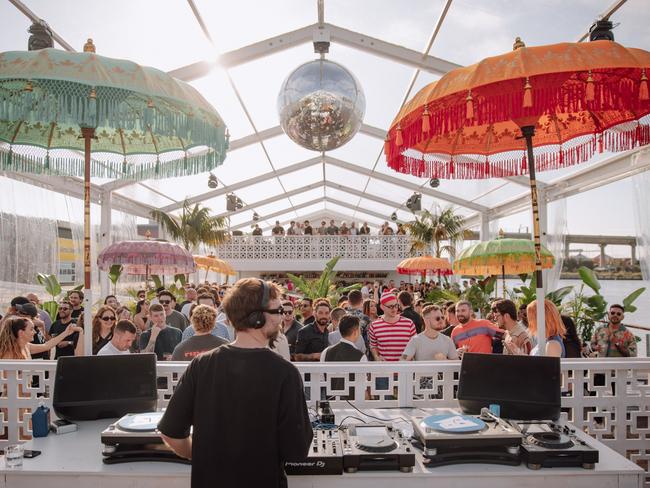
Owner Jake Hughes told the Sunday Herald Sun he was “desperate” to resolve the dispute with the council and “bring the venue back”.
“We’re hoping we can help bring that about through this campaign,” he said.
“But this issue is much bigger than one business. How can anyone look at how we have been treated and have confidence to do business in the City of Melbourne?
“The council … has driven our family to breaking point.
“We are a small family business and this was our livelihood.”
The “floating, open-air oasis”, located in Victoria Harbour, opened in October 2022 to rival other floating venues, such as Arbory Afloat and Yarra Botanica, with the Hughes family remortgaging their home to build the $2m venue.
Former lord mayor Sally Capp raved about the nightclub at the time, stating it would bring “life and energy” to the Docklands area.
But despite its popularity with partygoers, the fancy floating barge – which faces thousands of apartments – copped community backlash, with residents complaining they were being blasted with loud music into the early hours of the morning.
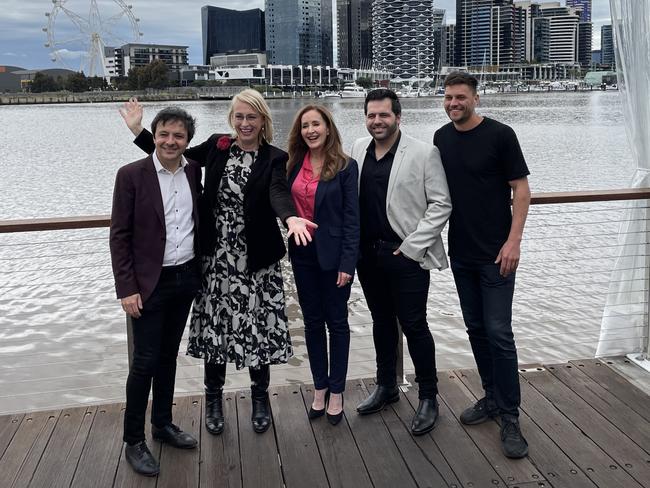
In the videos, which have attracted more than half a million views across Instagram and TikTok months before a council election, presenter Jarrah Volpe breaks down the events prior to ATET’s closure in June last year.
Traditionally, legal disputes play out behind closed doors, with parties not often providing public commentary on a case while it is before the courts.
“This is about fighting for our rights as a small business operating in the City of Melbourne and holding those who keep us accountable, accountable,” one video says.
“By exposing the injustice that has occurred, we hope to prevent this from happening to someone else.”
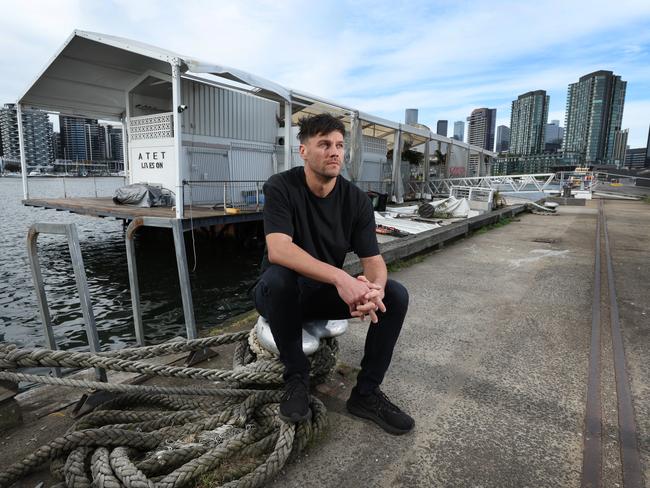
In another video, Volpe explains how ATET was granted a planning permit for a location 250m down the wharf, near the Bolte Bridge, but a lack of mooring points meant the barge had to be placed closer to apartments.
Despite this, over several months, the council said it was using the EPA guidelines to test noise levels and “consistently found” that ATET was compliant.
But in May last year, the EPA provided preliminary findings of a study it said indicated ATET had “consistently exceeded reasonable noise levels in Victoria Harbour”, which led to the council issuing a notice of default.
Mr Hughes said his team immediately reduced its noise levels and even offered to stop hosting music events and only functions, but even that proposal was rejected by the council.
“They didn’t acknowledge anything that we had proposed,” he said.
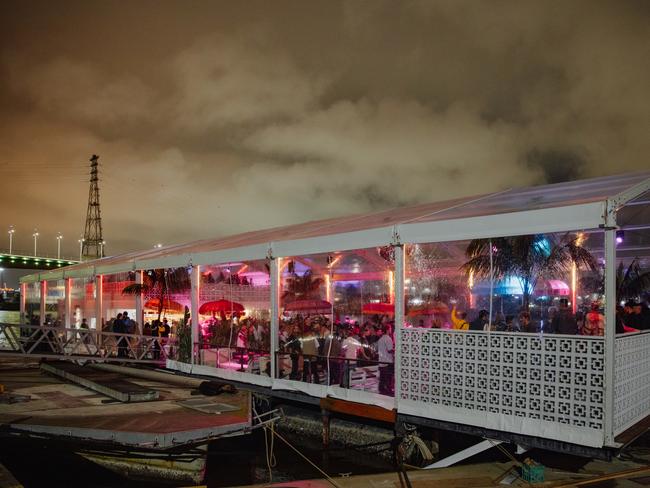
The Herald Sun exclusively revealed in December that ATET had launched legal action against the City of Melbourne over the alleged wrongful termination of its licence.
“We believe we’ve got complete solutions that would resolve this,” Mr Hughes said.
“What we’re offering … is that we can enclose the venue entirely in acoustic glass.
“It can be opened up during the day when the music’s low (and) when we have music events, we can seal the venue completely.
“But we’re also open to looking at alternative locations … but if not, it was agreed that we would be at the end of the wharf and we believe we have a right to be there.”
He added: “We would get our venue back. Melbourne would get an amazing venue back. We would stop the noise issues for residents … and council would get a lawsuit off their hands.
“We’re ready and willing to work with anyone who will work with us.”
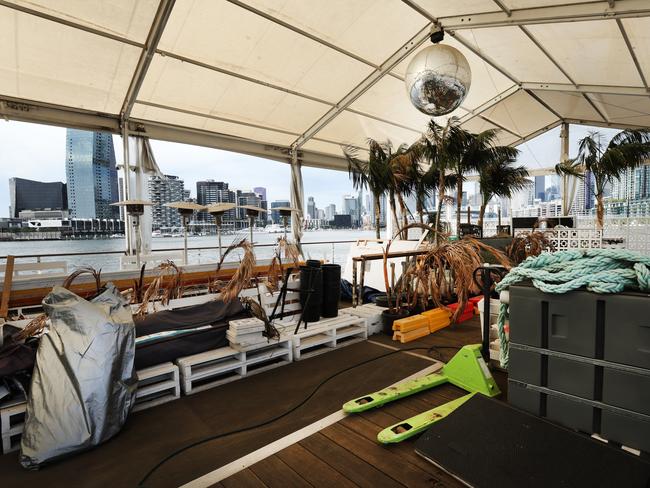
The statement of claim states the business lost $7m from not being able to trade after the licence was cancelled, on top of the $2m in “start-up expenses”.
The lawsuit alleges the City of Melbourne engaged in “unconscionable conduct” because the council used “undue pressure” and “unfair tactics” to coerce ATET into accepting unfair trading conditions, as well as engaged in “misleading and deceptive conduct”.
But in its defence, the council denies the termination of the licence was invalid, claiming the licence terms “do not support the implication of a term requiring the council to act reasonably or in good faith”.
It also argued that it did not require ATET to comply with “conditions which were substantially more restrictive” than other venues.
However, Mr Reece told a council meeting in 2022 the restrictions were the “most onerous noise controls I have ever seen in my time at the City of Melbourne”.
Mr Hughes said he found the council’s defence “baffling”.
“Stating they are not required to act reasonably or in good faith should sound alarm bells for anyone looking to do business in the City of Melbourne under this regime,” Mr Hughes said.
A City of Melbourne spokesman said it could not comment given the matter was before the court, where it is expected to return on October 4.
Originally published as ‘Exposing the injustice’: Inside the daring plan to relaunch floating Docklands nightclub



